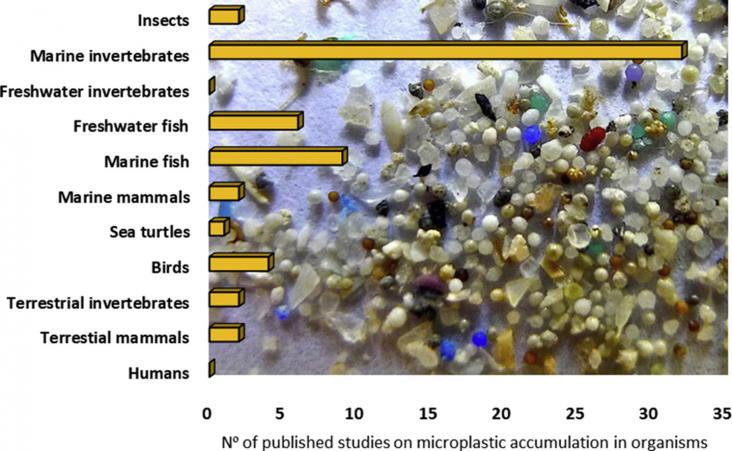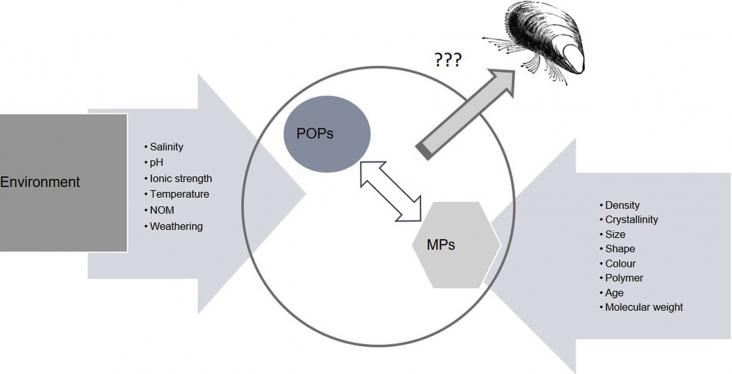The built environment is responsible for large negative ecological impacts due in part to the vast amount of materials used in construction.

It has been estimated that European customers visit community pharmacies to access essential primary healthcare around 46 million times every day.
There is worldwide concern about the environmental costs of conventional intensification of agriculture.

The emerging insects-as-food industry is increasingly promoted as a sustainable alternative to other animal protein production systems.

Following a decade of research on the environmental impacts of microplastics, a knowledge gap remains on the processes by which micro and nanoplastics pass across biological barriers, enter cells and

The presence of plastic debris in the ocean is increasing and several effects in the marine environment have been reported.
Characterising microplastics based on spectroscopic measurements is one key step of many studies that analyse the fate of microplastics in the environment.
Microplastics (MP) (<5 mm) are crucial pollution which are widely distributes in the environment.
Interest about interactions between microplastics and organisms is on the rise.
The quantification of micro- and nanoplastics in environmental matrices is an analytical challenge and pushes to the use of unrealistic high exposure concentrations in laboratory studies which can lea
